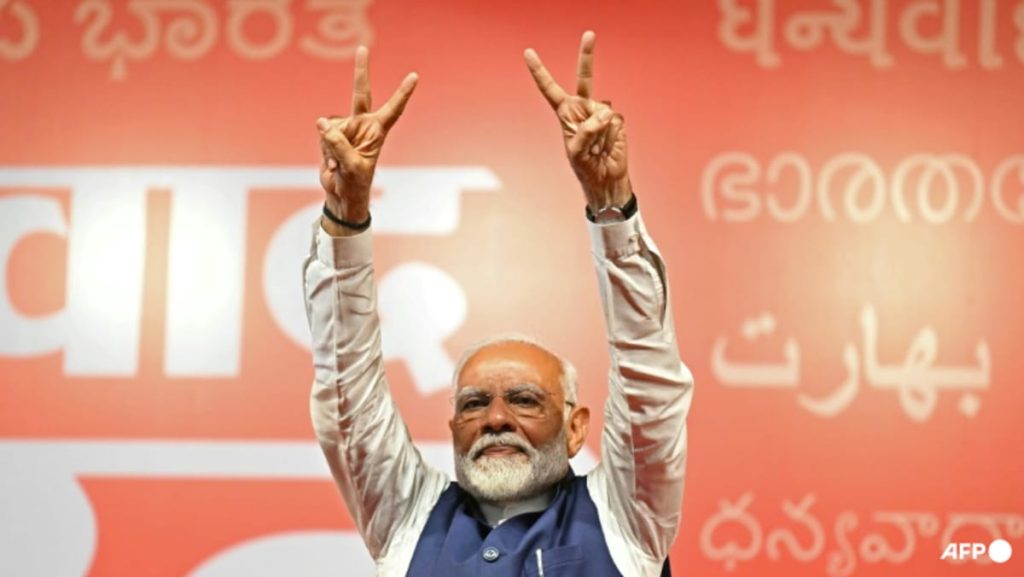Modi has been highlighting India’s role as a representative of the Global South, hosting summits and advocating for developing nations to have a greater say in global decision-making. India’s membership in the BRICS club showcases its position as an emerging economy and a key player in the Global South. This push for representation is evident in India’s efforts to include the African Union bloc as a permanent member of the G20, demonstrating its commitment to advocating for Asian, African, and South American nations on the global stage.
India’s longstanding relationship with Russia remains strong, with Moscow being India’s largest arms supplier. Despite international condemnation of Russia’s invasion of Ukraine, India has maintained a neutral stance, abstaining from UN resolutions censuring Moscow and continuing to engage in trade with Russia. Modi’s congratulatory message to President Putin on his re-election further signifies the special relationship between the two countries and their shared interests in maintaining diplomatic ties.
Tensions between India and Pakistan have been ongoing since the partition of the subcontinent in 1947, leading to multiple conflicts and disputes over control of Kashmir. Modi’s government has taken a firm stance against Pakistan, accusing Islamabad of cross-border terrorism and refusing to engage in dialogue. Despite this, there have been brief moments of goodwill, such as Modi’s surprise visit to Lahore in 2015 and his recent congratulatory message to Pakistani Prime Minister Shehbaz Sharif. These gestures suggest a desire for improved relations, but the underlying tensions and historical animosity between the two nations remain a significant challenge.
China’s role in the Global South is also notable, with Beijing becoming a major player in economic development and infrastructure projects in the region. Chinese investments in countries across Asia, Africa, and South America have raised concerns about debt sustainability and geopolitical influence. India’s response to China’s growing presence in the Global South is characterized by a mix of competition and cooperation, reflecting the complex dynamics between the two Asian giants. Modi’s focus on enhancing India’s partnerships with other Global South nations can be seen as a strategic response to China’s expanding influence and a way to strengthen India’s position in the region.
The Global South as a collective group of developing nations faces common challenges related to poverty, inequality, and sustainable development. Cooperation among countries in the Global South is essential to address these issues and advance shared interests on the global stage. India’s efforts to engage with other nations in the Global South through forums like the BRICS club and summits demonstrate a commitment to solidarity and collaboration in addressing common concerns. By advocating for a stronger voice for developing nations in global decision-making processes, India is positioning itself as a leader in the Global South and working towards a more equitable and inclusive international order.
In summary, Modi’s focus on India’s role as a representative of the Global South, its relationships with countries like Russia and Pakistan, and its responses to challenges posed by China’s growing influence demonstrate India’s strategic approach to promoting its interests in the region. By actively engaging with other nations in the Global South and advocating for greater representation, India is aiming to strengthen its position as a key player in global affairs and contribute to the advancement of shared objectives among developing countries. The dynamics of power and influence in the Global South are evolving, and India’s role in shaping these developments will be crucial in determining the future trajectory of the region and its impact on the international community.


